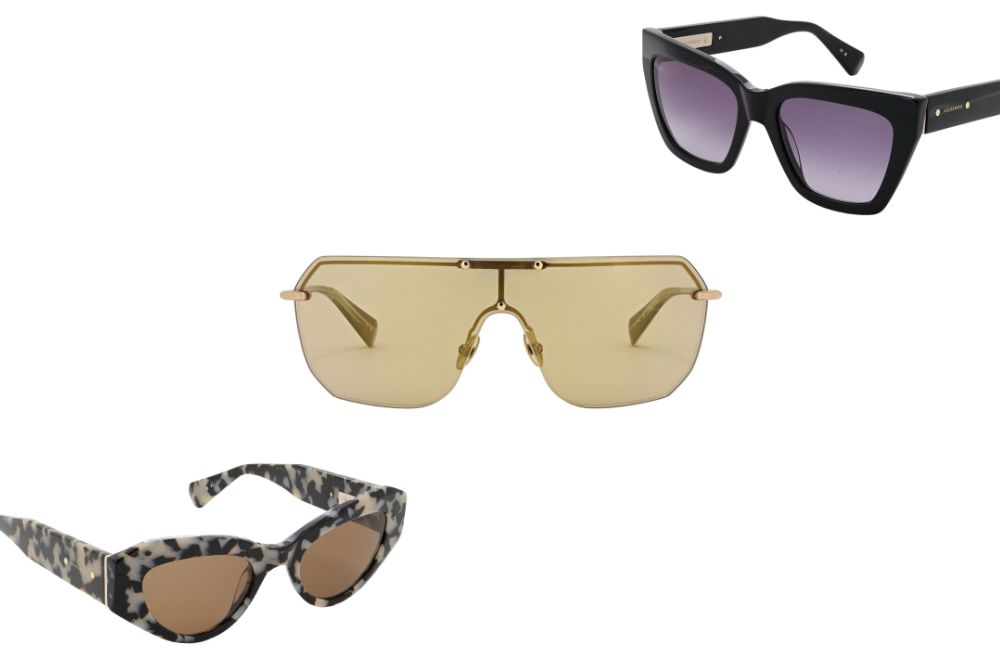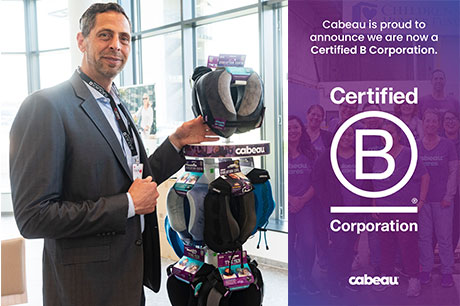Lotte DF reports record sales of around $6.7bn in 2018
By Andrew Pentol |
Lotte Duty Free has reported record sales in excess of KRW7.5trn ($6.7bn) last year despite the impact of the THAAD missile crisis which has crippled the South Korean DF&TR industry in recent years.
Online sales increased significantly, reaching KRW2trn, an increase of +50% on 2017. Accounting for around 8% of total business in 2013, online sales have now more than tripled to comprise 25% of overall business.
The improvement of Lotte’s internet and mobile duty free shop platforms has also helped drive sales.
In 2017, sales amounted to KRW6trn, a 25% increase on the previous year. This was despite Lotte reporting its first loss (KW29.7bn during its second quarter reporting period from April-June) since the outbreak of SARS some 14-years earlier.
LEADERSHIP GOAL
New Lotte Duty Free CEO Kap Lee, who revealed the retailer constantly strives to be a leader in the industry said: “Even in the midst of rapid market changes, Lotte Duty-Free has still be able to generate record sales due to 38-years operating know-how.”
Two years ago, Lotte also registered record low operating profit of KRW2.5bn due to the impact of the THAAD missile crisis on the Korean duty free industry and subsequent decline in Chinese tourism to Korea.
Sales at its flagship Myeongdong and World Tower outlets reached KRW4trn and 1trn respectively in 2018. In Myeongdong, where sales exceeded the KRW4trn mark on 14 December, but were slow due to THAAD, sales increased around +35% from the previous year and exceeded the daily average of KRW11bn.
The Myeongdong Headquarters outlet, which has set a benchmark for growth since it began trading in 1980, also secured top-spot in terms of single store sales in 2018. At the time of opening, annual sales were KRW2.2bn.
But as Chinese tourists began descending on Korea, they steadily increased, reaching KRW1trn in 2011, in excess of KRW2trn in 2015, KRW3trn in 2016 and KRW4trn last year. The increased demand from Daigou traders ‘greatly influenced’ sales, but this even stagnated during the THAAD crisis.
In August 2016, the shopping offer on the 12th floor expanded to make it easier for customers to shop. Last October, the store also renewed the Star Avenue Corner on the first floor. This included a new Blooming Beauty area which aimed to diversify the brand mix and achieve mutual growth.
Last April, Lotte invested $10bn into the opening of the Star Lounge for VIP customers where events for brands such as Yomiuri, Chanel and Swarovski take place.
Regarding the World Tower store, which re-opened in January 2017 after losing its license in November 2016, the outlet joined the ‘KRW1trn club’ on 23 December 2018. In 2017, sales reached KRW570bn before increasing +80% last year to the aforementioned KRW1trn.
Despite the opening of new shops in the Gangnam area and the impact of THAAD, sales of brands from domestic small and medium-sized enterprises increased +300% year on year.
COMMENT: ANDREW PENTOL, SENIOR EDITOR
As reported, trade relations between China and Korea began to normalise in November 2017. But the retailer, which cancelled its IPO last year in the midst of THAAD, was not expecting the overall duty free marketplace, which had suffered from a dramatic drop in Chinese tourists to improve until at least the second quarter of 2018.
That said, the South Korean duty free industry was looking to build on a promising 2017 last year and even targeted a duty free sales increase of 20% in the face of returning Chinese group tours, new downtown duty free stores and improved marketing conditions.
For Lotte Duty Free though, which recently concluded the transaction to purchase JR/Duty Free’s Australia and New Zealand business, the cessation of its loss-making non-liquor and tobacco contracts at Seoul Incheon International Airport Terminal 1 in July 2018, due to the ‘burden of rent increases’ and plunging Chinese tourist volumes, was another hurdle to overcome.

Lotte Duty Free recently concluded the transaction to purchase JR/Duty Free’s Australia and New Zealand business.
This makes last year’s sales achievement even more impressive.
Moving forward, Lotte believes it is at the forefront of an exciting and critical new transition for the global duty free & travel retail industry, as indicated by Jeffrey Davis, Managing Director International Beauty Brands during a recent video interview with TRBusiness.
With Chinese tourists returning to Korea and the retailer continuing to focus on strengthening its competitiveness downtown and expanding its online duty free marketing activities, 2019 should be eventful and positive.
JEDCO launches multi-category tenders at KAIA T1
Jeddah Airports Company (JEDCO KSA) has issued a request for proposals for several...
Alcohol insights: Conversion up, spend down in Q4
Conversion of visitors in the alcohol category in duty free has risen to 54% in Q4 2023,...
Heinemann Asia Pacific makes breakthrough in New Zealand at AKL
Heinemann Asia Pacific is set to enter the New Zealand market with three new retail concepts at...
-
 Asia & Pacific,
Asia & Pacific,JEDCO launches multi-category tenders at KAIA T1
-
 Asia & Pacific,
Asia & Pacific,Alcohol insights: Conversion up, spend down in Q4
-
 Asia & Pacific,
Asia & Pacific,Heinemann Asia Pacific makes breakthrough in New Zealand at AKL

In the Magazine
TRBusiness Magazine is free to access. Read the latest issue now.

 Trbusiness. The travel retail Trbusiness. The magazine for global retail and duty free professionals.
Trbusiness. The travel retail Trbusiness. The magazine for global retail and duty free professionals.























